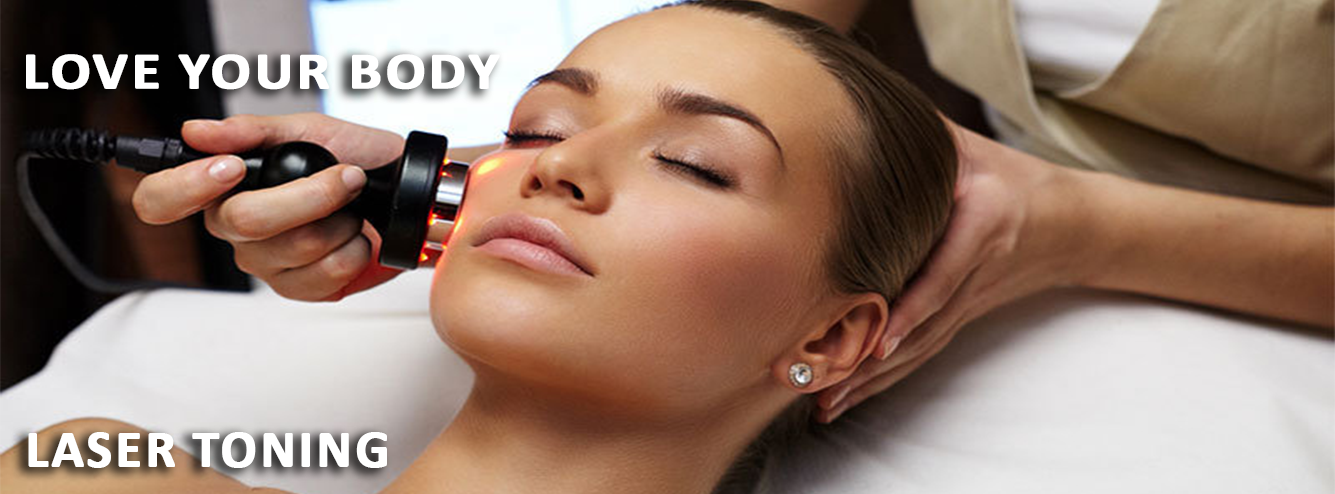

Laser toning treatments can effectively correct sun spots, acne scars, melasma and other conditions that affect the skin pigmentation, whether they are at the surface or deep in the dermal layers.
You probably already know about the many applications of laser and other light based technologies in the aesthetic industry: they are used for everything from hair and tattoo removal to body contouring, and are beating out other non-invasive skin treatments by way of efficacy and popularity. Addressing pigmentary disorders with lasers or light treatments may also allow you to avoid outdated, chemical-laden skin "bleaching" creams, as these new high-tech devices are now being used to blast away melasma, hyperpigmentation, and other common skin concerns
Uneven pigmentation can occur when the body pigment-making melanocytes, the melanin-forming cells in the skin, become damaged or lose efficiency. This is a part of the natural aging process, but is also a common side effect of excessive sun damage another great reason to make sure you are wearing sunscreen every day. Aging, hormonal imbalance, and certain diseases can also disrupt melanin production, causing the skin to darken in spots or patches.
Dermal lasers are used for a wide range of skin ailments, including hyperpigmentation, red spots, dark spots, wrinkles, and a slew of other pigmentation concerns. If you are looking for a proven method to improve pigmentation or want to erase a birthmark or scar, you all definitely want to consider the latest laser treatment options, which can help address the following concerns, among others.
Melasma- If you suffer from melasma a form of hyperpigmentation which causes brown to gray brown patches on the face you already know it is one of the most difficult skin conditions to treat, especially for those with darker skin tones. Dermatological studies report that laser toning effectively improves the appearance of pigmented lesions and dark spots. However, laser treatments can only control melasma, not cure it.
Post-Inflammatory Hyperpigmentation-This epidermal pigmentation condition, often referred to as PIH, generally occurs following an injury, burn, inflammatory lesion or skin disorder. It is believed to be more common in people of Hispanic or African American ancestry, although technically it can occur on any skin type. Specific lasers, cooling devices, and wavelengths can be used to treat PIH. Many dermatologists recommend pairing these treatments with topical lightening creams for the best results.
Dark spots-If you have noticed brown spots on your face that are not associated with melasma, PIH or another skin condition, they might be caused by sun damage. The right laser treatment can effectively zap these dark spots away. Some dermatologists and aesthetic specialists recommend the use of ruby lasers for such applications,but many laser and light therapy options are available.
Rosacea and redness-Rosacea redness is most frequently caused by telangiectasias, also known as spider veins. Specific lasers can be used to destroy these broken blood vessels on the cheeks and nose. The International Rosacea Foundation recommends certain types of lasers, but warns that treatments may actually cause rosacea to worsen. Because rosacea sufferers are much more likely to experience adverse reactions to certain skincare therapies, treatment should only be provided by highly trained professionals.